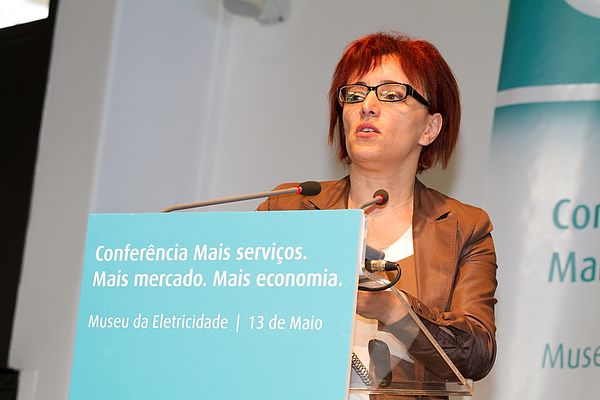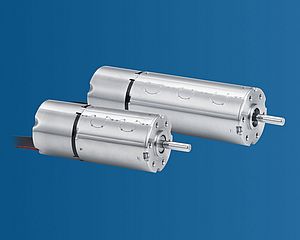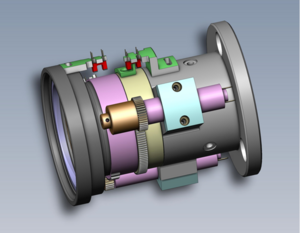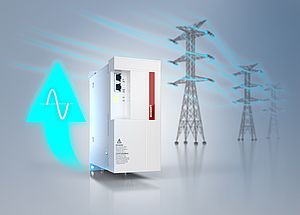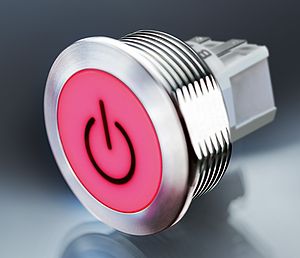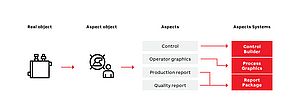The JRC report provides scientific evidence to support the "Efficiency First" principle considered by the Energy Union strategy. Based on the analysis of the decarbonisation scenarios the report shows that energy saving will be in 2030 as the first fuel of Europe. Moreover, in the scenario targeting 40% energy saving, the sum of energy saving and renewables will overtake the sum of all fossil fuels (solid fuels, oil and gas). As a result, energy dependency and climate change are mitigated and fossil fuel import bills are lowered while, currently, fossil fuel imports worsen most Member States' trade balances and increase their contribution to global warming. In sum, by making energy efficiency the mechanism for delivering moderation of demand, the EU will meet its objectives in terms of security of supply, climate change while driving growth, boosting the competitiveness of the EU industry and creating jobs.
However, the decarbonisation of the EU energy system requires a paradigm shift in the design of climate and energy policies to make energy saving the niche fuel for investors, especially when energy prices are low and in the absence of a global agreement to price carbon saving. Closing the 2020 energy efficiency gap is the first step towards meeting the 2030 target. Achieving this objective requires scaling-up private investment in energy efficiency projects, reshaping institutions and skills as well as investing in the development and the deployment of low-carbon technologies.
The scale of the investment needs to decarbonise the EU energy system calls for the development of framework for De-risking Energy Efficiency Investment (DEEI). The aim is to ensure that energy saving compete on equal terms with generation capacity by lowering the perceived risk by investors which increases the financial cost and consequently the capital-cost of the decarbonisation of the EU energy system. A guarantee fund for such investments is recommended. It would reduce financial cost by providing a guarantee for energy efficiency loans, thus lowering the interest rate and consequently the capital cost. Furthermore, given the common agreement to consider climate change and energy security as societal issues which are both mitigated by energy efficiency, a societal discount rate should be used when conducting costs/benefits analysis of the decarbonisation of the EU energy system.
The better regulation strategy and the upcoming revision of various EU climate and energy policy instruments offer a great opportunity for the development of streamlined and a more integrated climate and energy policy framework that should include the DEEI as one of its component.
Let's hope 2016 will be a turning point for the EU climate and energy policies and make sure we will not miss our last chance to secure the Energy Union.


